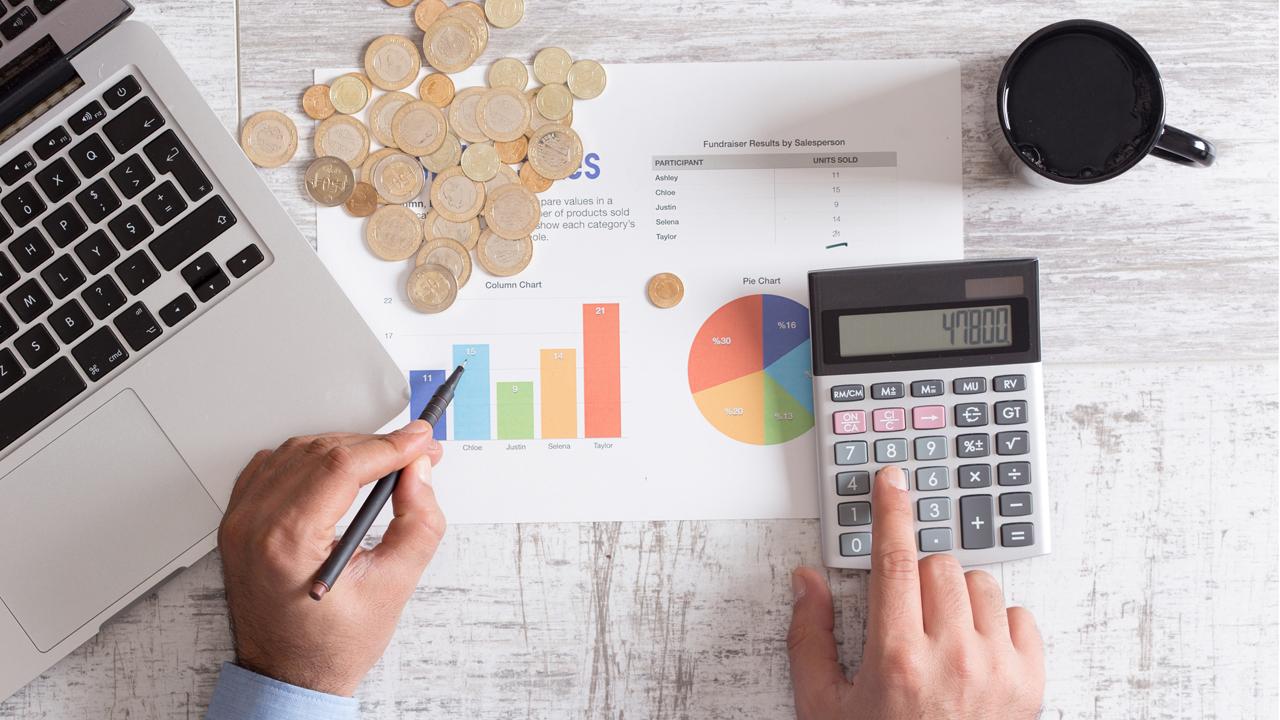Most Americans don’t have a financial plan: Here’s how to create one
Would you travel to an unknown destination without a GPS or old-school roadmap? When it comes to navigating your financial future, it’s important to know where you are going. And yet, a survey by Charles Schwab found that most Americans don’t have a financial plan and don’t think their wealth deserves one.
“It’s a huge myth that you have to have a lot of money to have a financial plan,” says Joe Vietri, senior vice president and head of Schwab’s retail branch network. “That couldn’t be further from the truth. In fact, I would argue that you have to have a plan to eventually have a lot of money. Every American needs a financial plan regardless of how much money they have.”
The Schwab survey also found that Americans believe financial planning is too expensive and complicated. Vietri says the longer you wait, the harder it will be to achieve long-term success.
“At the end of the day, financial planning is about defining your goals and objectives – whether they are short or long term – and seeing how to achieve that,” says Vietri. “Along the way, track your progress. The key to all this is having a plan and being able to assess and update the plan.”
Don’t make the mistake of thinking your financial plan is only about budgeting. Vietri says you should think outside of the box and conduct what he calls ‘holistic life planning.’ Take into account every aspect of your finances: such as your income, expenses, investments, retirement and estate planning, as well as personal insurance.
Having a written financial plan can have a positive impact on your overall finances. The Schwab survey found that Americans who have financial plans exhibit positive money habits. They pay their bills and still save. They do that by leveraging automatic savings programs from their bank or payroll deductions when putting money aside for retirement. Schwab says those with a financial plan don’t live paycheck to paycheck, don't have debt or carry a credit card balance. Not only do they feel financially stable, they also have money saved in an emergency fund. When it comes to investing, planners are more likely to be engaged in their investments, be aware of the fees they are paying, rebalance their portfolio, and have confidence in reaching their goals.
So how do you put together a plan? There are various online resources, books, and videos to show you how to get started. If you have the funds, you might want to enlist the help of a financial planner. Vietri says while most people envision long, uncomfortable meetings in a stuffy office, some companies are simplifying the experience by offering digitized plans that provide help in real time. NerdWallet says that digital services, also called robo-advisors offer the lowest fees. Human advisors cost more and may charge a percentage, retainer, hourly rate, flat fee or earn a commission.
“A financial plan doesn’t have to be a long, convoluted, complicated document,” says Vietri. “A plan is just a simple high-level goal planner. You have to get over the notion that it is difficult and time-consuming. The amount that you invest up front will pay huge dividends down the road in terms of staying engaged with your finances and ultimately your wealth.”
Linda Bell joined FOX Business Network (FBN) in September 2014 as an assignment editor. She is an award-winning writer of business and financial content. You can follow her on Twitter @lindanbell.




















